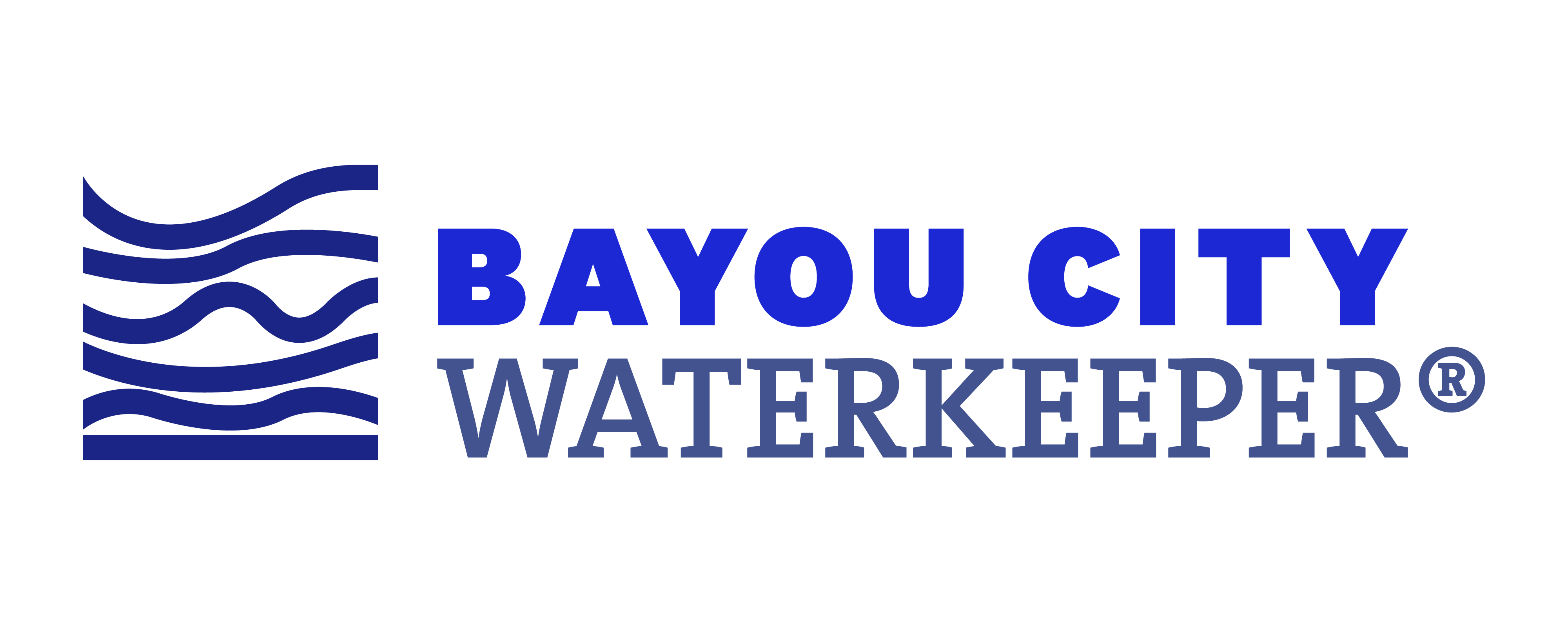Late last week, we learned that the city of Houston has canceled the water privatization proposal that would have handed over operations, management, and maintenance control of the Southeast Water Purification Plant to a private corporation. The corporate control of water would have directly impacted the around 1 million people the plant serves, in addition to impacts on residents more broadly, for up to twenty years. Water privatization is associated with rate increases and diminishes the public’s right to clean water, among other problems.
This coalition includes West Street Recovery, The Coalition for Environment, Equity, and Resilience (CEER), Bayou City Waterkeeper, AFSCME Local HOPE 123, and Corporate Accountability, with support and insight from many more folks in our community.
Read more about this win in the Houston Chronicle’s article, Houston pulls plug on effort to privatize southeast-side water plant, copied below. Read more about problems associated with water privatization in Public Citizen’s factsheet, Top 10 Reasons to Oppose Water Privatization.
Houston quietly ended its push to privatize the operations of the Southeast Water Purification Plant, according to a Jan. 18 notice posted to the city’s procurement website.
But the end of the contentious search for a third-party plant operator flew under the radar of Mayor John Whitmire, whose name is on the notice’s letterhead. He wasn’t aware the city had ended the search until asked by the Chronicle, his spokesperson Mary Benton said Monday.
The canceled search will keep the purification plant’s operations in the hands of Houston’s Public Works Department, its spokesperson Erin Jones said Monday.
In an email to the Chronicle, Jones wrote that during the process to find a third-party operator for the purification plant, city leaders discovered it was more cost-effective to keep operations under Public Works. She was not able to provide an estimate for what the cost difference would be and referred the question to the city’s procurement office, which did not return requests for comment.
The firm search was canceled under former Mayor Sylvester Turner’s administration, Jones said, but the public notice that the search was over was posted after Whitmire’s term began.
Jones said Whitmire’s office would have to inquire about moves made by Turner’s administration. But Whitmire’s office took issue with that argument.
“Before posting anything under Mayor Whitmire’s name, Houston Public Works and Procurement should have informed the mayor about the project’s status,” Benton wrote in an email Tuesday.
The plant at Genoa Red Bluff Road is one of the city’s main drinking water treatment facilities and treats 200 million gallons of water a day for a million water customers.
Houston leaders’ move away from seeking private plant operators follows a year and a half of outcry from activists who feared privatization would shift the plant’s focus toward making a profit rather than providing quality water service.
Following the privatization of water plant operations in Pittsburgh, a lead crisis broke out, and the privatization of operations at a Bayonne, N.J., plant led to water bill increases, Neil Gupta, water campaign director at Boston-based watchdog group Corporate Accountability, said in March. Privatization of the Houston plant could have led to those same unaffordable bill hikes as well as labor abuses and layoffs, he said Monday.
Gupta said it was exciting to know that Houston’s public officials are listening to those opposed to the privatization plan after a year of fighting the issue.
“It’s definitely a sense of relief … this is a major win for public control of water,” Gupta said.
Corporate Accountability was the group that flagged the privatization search to local activist groups like West Street Recovery, HOPE Local 123, Bayou City Water Keepers and the Coalition for Environment, Equity, and Resilience.
Alice Liu, West Street Recovery’s co-director of communications and organizing, said her team was working on trying to find ways to make sure a request for proposals process to privatize water in Houston doesn’t happen again.
Houston leaders’ decision on whether to privatize the plant has been up in the air since March 2023 when two finalists were named to oversee it. One of those finalists, Inframark, was the firm from the Kingwood wastewater plant that leaked inadequately treated sewage into a Lake Houston tributary.
Representatives for Inframark and Jacobs Engineering, the other finalist to run the plant’s operations, did not immediately return requests for comment Monday afternoon.
“This was a really important reversal of what would have been a first step in privatizing water resources in Houston,” Liu said, adding that those operations belong to Houstonians.
Neandra Camil Boyd, who lives in East Sunnyside and is serviced by the Southeast Purification Plant, was initially devastated when she learned about the potential privatization of its operations. She was one of many residents who showed up to City Hall to speak out against the issue and said she was glad to see Houston’s public officials listened to their concerns.
“The one thing we depend on is safe drinking water,” she said.
Bayou City Waterkeeper protects the waters and people across the greater Houston region through bold legal action, community science, and creative, grassroots policy to further justice, health, and safety for our region.
